Can You Donate Blood With An Autoimmune Disease
Can you donate blood with an autoimmune disease. In the past people with arthritis and other autoimmune diseases were banned from donating blood due to concerns that circulating autoantibodies may be transferable from donor to recipient. People with autoimmune diseases or active autoimmune disease requiring therapeutic intervention were specifically excluded from Phase 1 of the Pfizer vaccine trial Askanase adds. This is because there is a small risk of causing immune system disturbance and symptomatic disease in patients who receive blood from donors with autoimmune diseases.
Autoimmune disease can cause problems such as infertility and thrombosis antiphospholipid or Hughes syndrome. The donor has needed treatment to suppress the condition in the last 12 months. But thats only been true since 2007.
HIV-1 HIV-2 human T-lymphotropic virus HTLV-I HTLV-II hepatitis C virus hepatitis B virus West Nile Virus WNV and T. Sjögrens syndrome a condition which causes dryness of the eyes and mouth and can often accompany other autoimmune diseases. The American Red Cross allows you to donate blood or blood plasma if you have MS.
If you have a heart murmur or have been treated for a heart valve disorder giving blood is probably safe if youve had no symptoms in the last six months. The upper limit is 180100 mm Hg and the lower limit is 8050 mm Hg. Eosinophils are typically the 4th most prominent WBC and generally circulate at lower levels than the other WBCs.
The reasons for these restrictions is again two-fold. You can have Sjögrens on its own or you can have it secondary to another autoimmune disease such as lupus or rheumatoid arthritis. If this is known to have happened the person should not donate as they are more likely to have a serious adverse event.
Some autoimmune conditions can permanently damage the cardiovascular system. Graves disease in which the thyroid overproduces hormones. Cells are from a donor that has an autoimmune disorder.
These vessels carry blood to and from the heart and the bodys organs. American Autoimmune Related Diseases Association Inc.
Autoimmune hepatitis AIH is a non-contagious chronic inflammatory autoimmune disease in which ones own immune system attacks healthy normal liver cells.
The donor has needed treatment to suppress the condition in the last 12 months. 5841 South Maryland Ave MC 2030. Blood donation is actually a quick and easy way to get tested for all of these things. Types of vasculitis are grouped according to the size of the blood vessels affected. HIV-1 HIV-2 human T-lymphotropic virus HTLV-I HTLV-II hepatitis C virus hepatitis B virus West Nile Virus WNV and T. Autoimmune hepatitis AIH is a non-contagious chronic inflammatory autoimmune disease in which ones own immune system attacks healthy normal liver cells. Sjögrens syndrome a condition which causes dryness of the eyes and mouth and can often accompany other autoimmune diseases. If this is known to have happened the person should not donate as they are more likely to have a serious adverse event. The upper limit is 180100 mm Hg and the lower limit is 8050 mm Hg.
Autoimmune hepatitis AIH is a non-contagious chronic inflammatory autoimmune disease in which ones own immune system attacks healthy normal liver cells. These vessels carry blood to and from the heart and the bodys organs. It can manifest in anxiety tremors and puffy eyes. People with autoimmune diseases or active autoimmune disease requiring therapeutic intervention were specifically excluded from Phase 1 of the Pfizer vaccine trial Askanase adds. People who have autoimmune diseases such as autoimmune thyroid disease ankylosing spondylitis are advised not to donate blood. The cause of liver cell destruction in this disease is unclear but may be related to an imbalance in. G-CSF If treated with immunoglobulin or plasma exchange or.

/mobile-blood-donation-unit-france-a-team-of-nurses-collect-blood-487737921-58a4622d3df78c4758474320.jpg)
/GettyImages-598315365-5699b4883df78cafda911611.jpg)


:max_bytes(150000):strip_icc()/GettyImages-680864705-59bc95c522fa3a0011eb1e39.jpg)

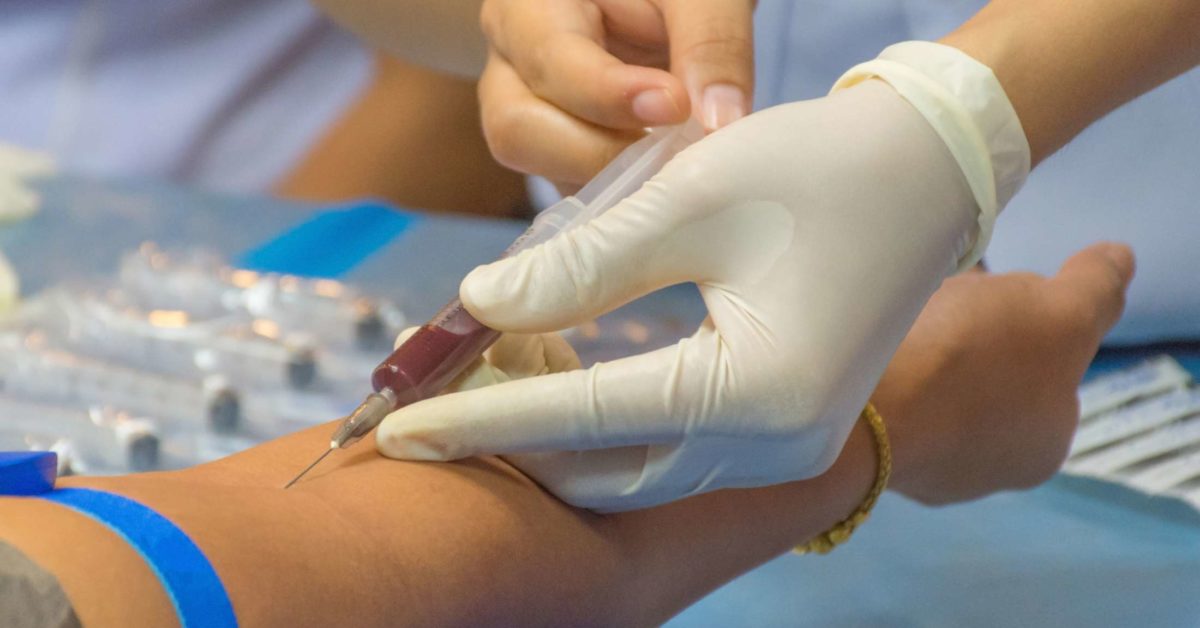
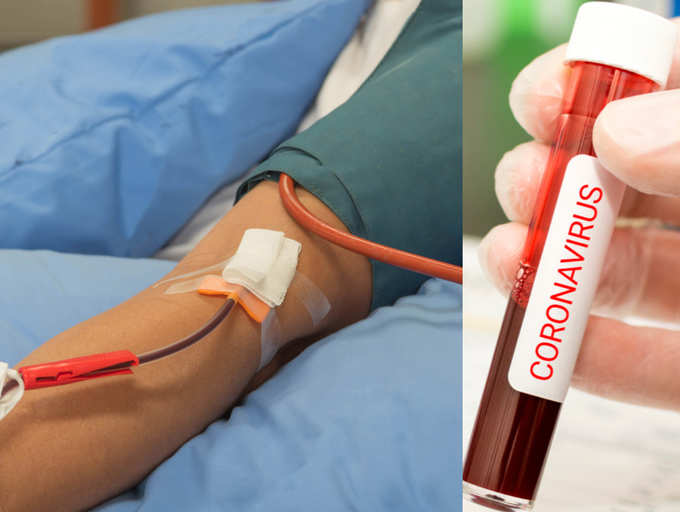




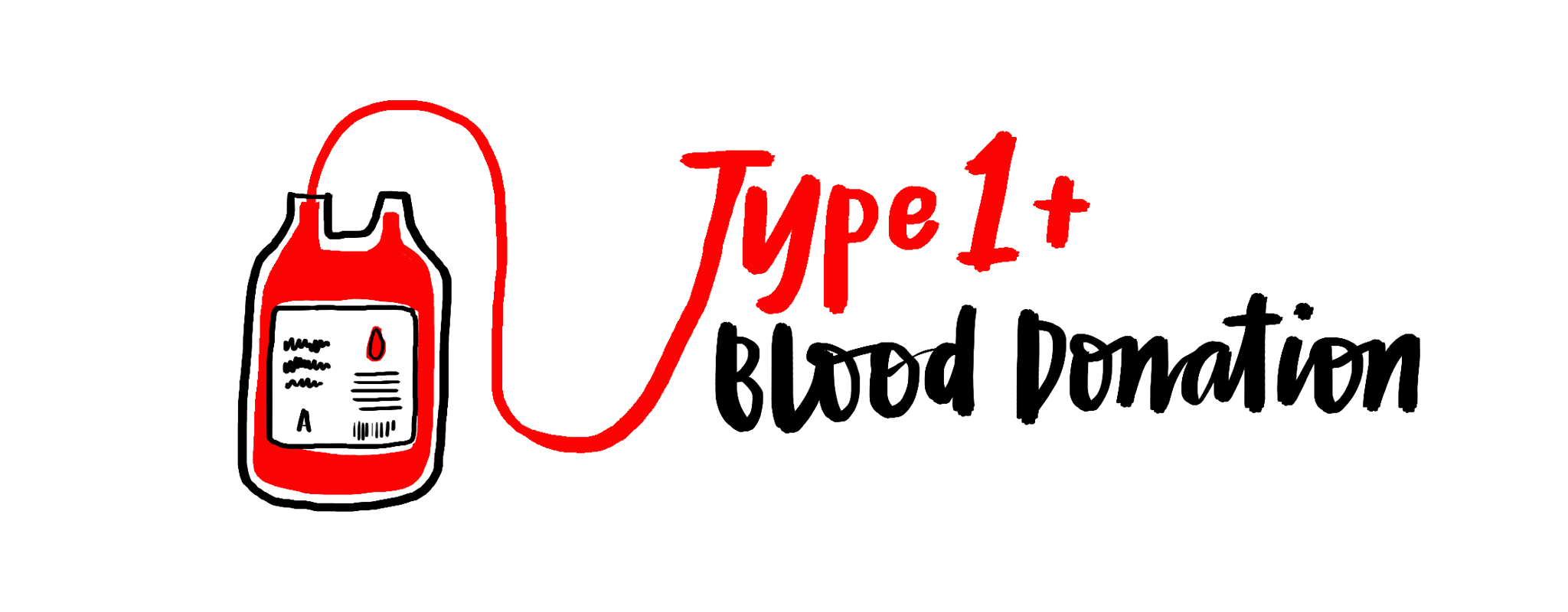

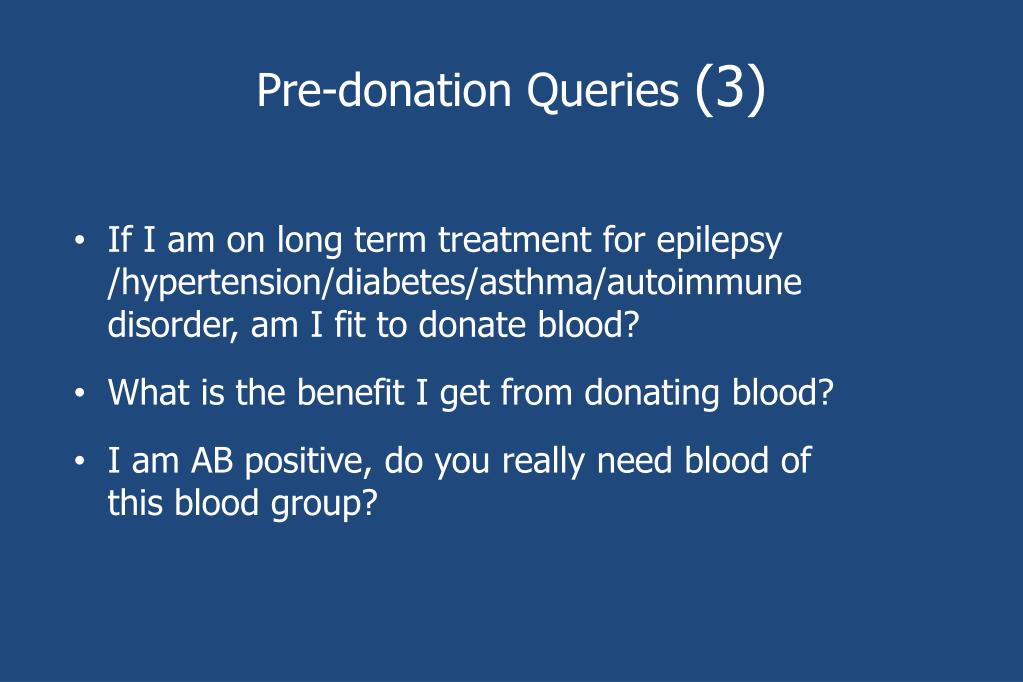
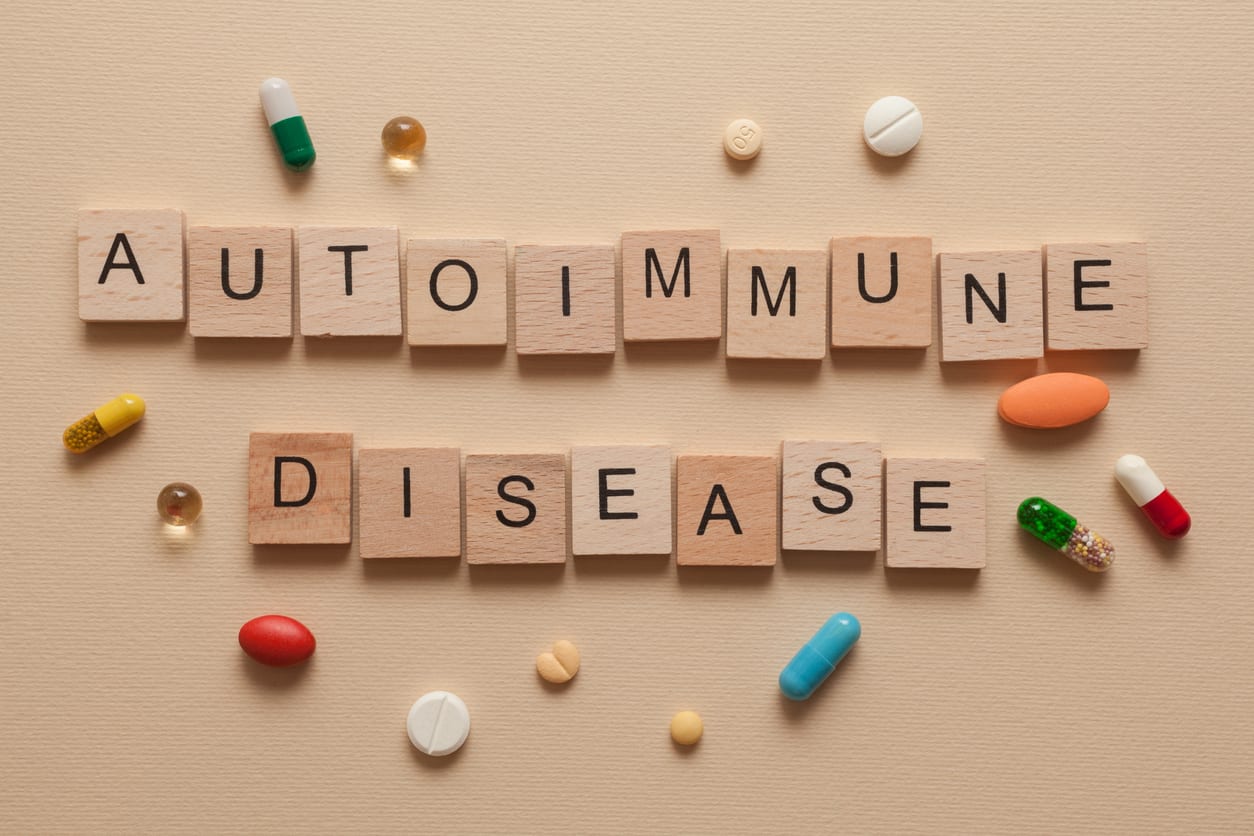
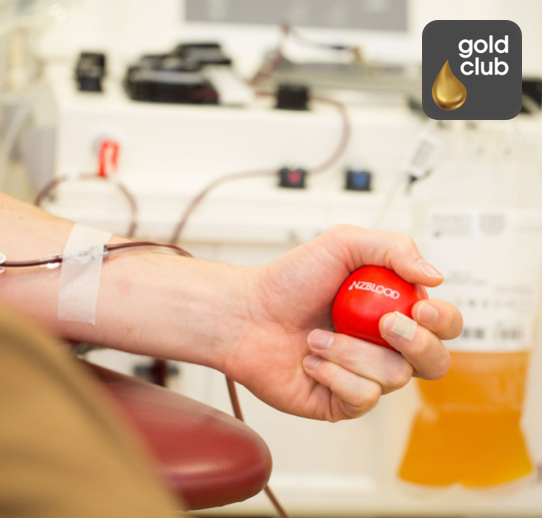


/GettyImages-124205575-56a47c7d3df78cf77282ab5a.jpg)


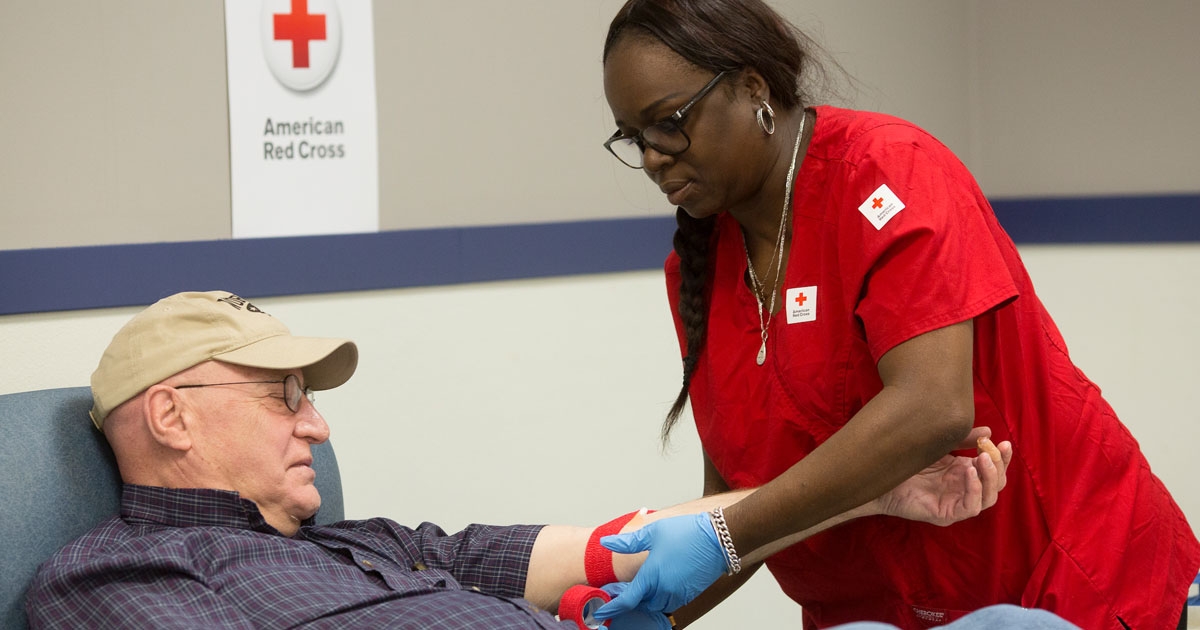

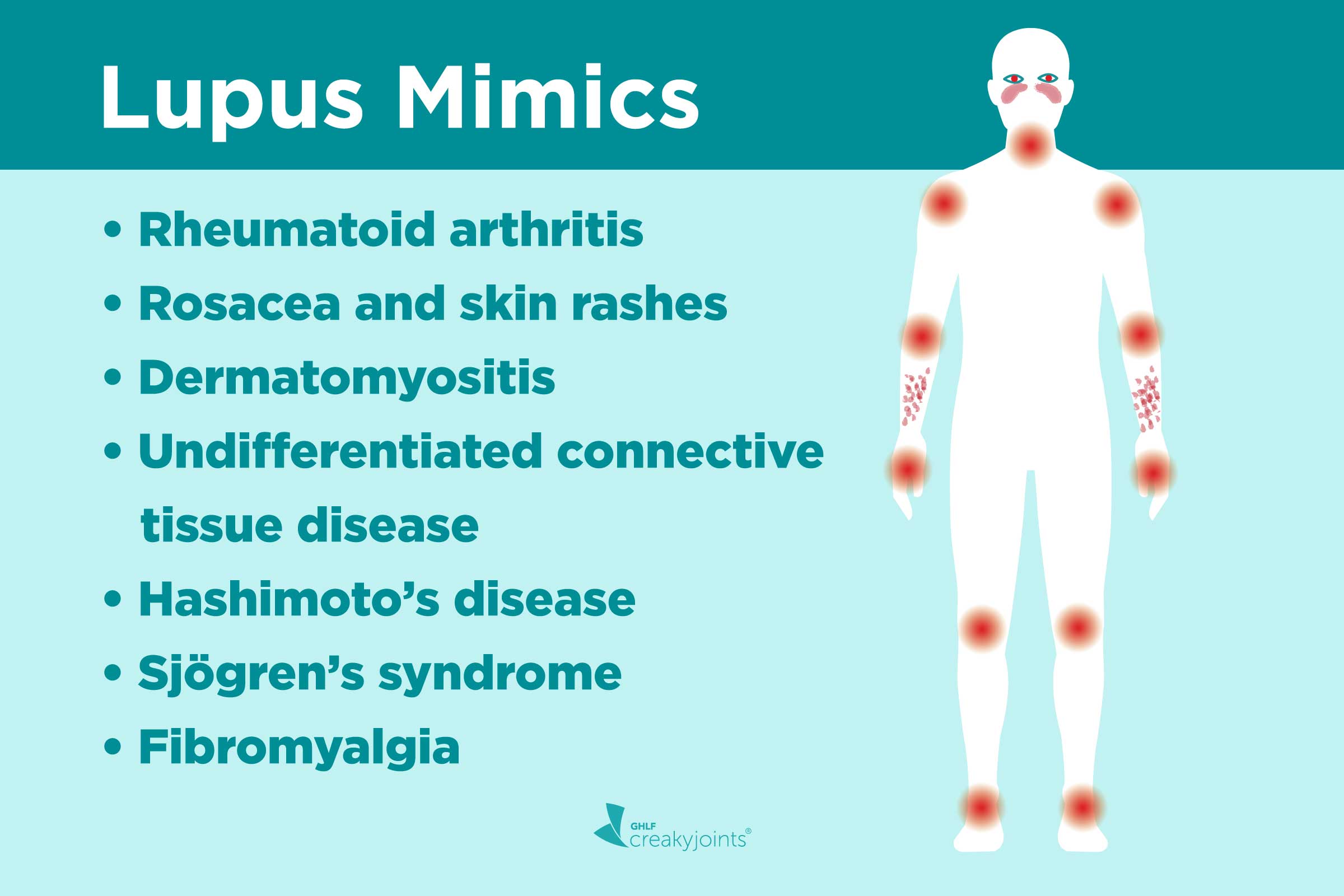


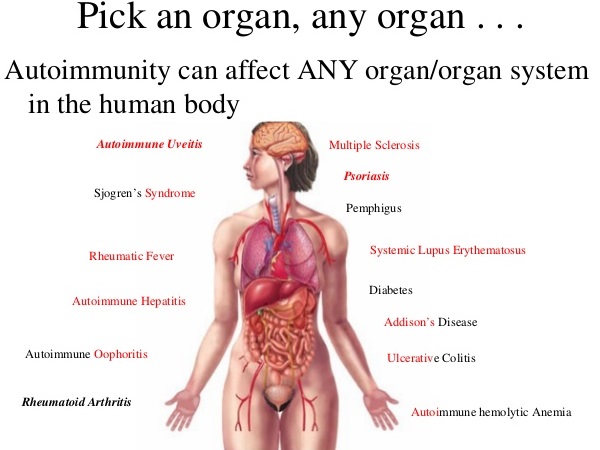








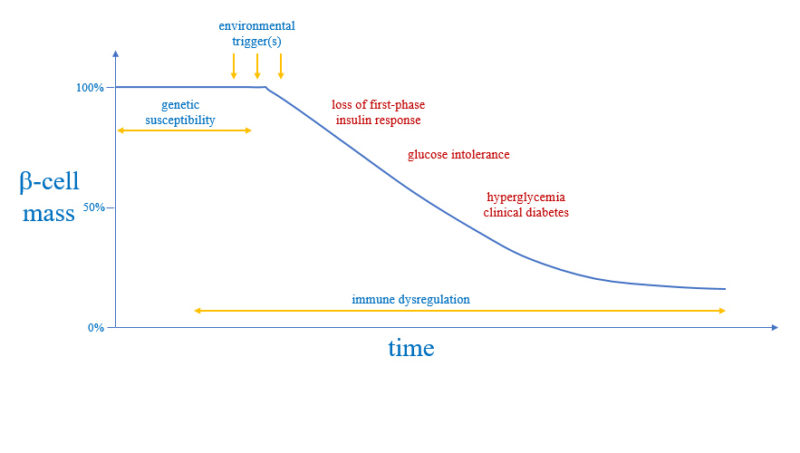
:max_bytes(150000):strip_icc()/GettyImages-1248685992-4f54b215e357411d81e5fd708e018685.jpg)

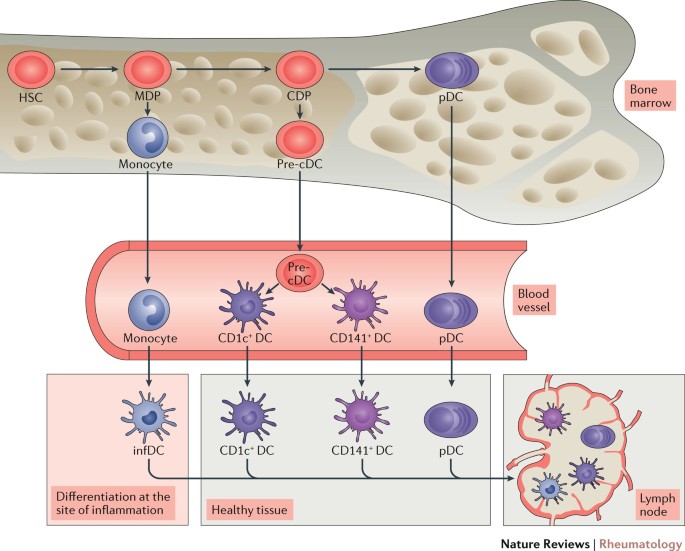
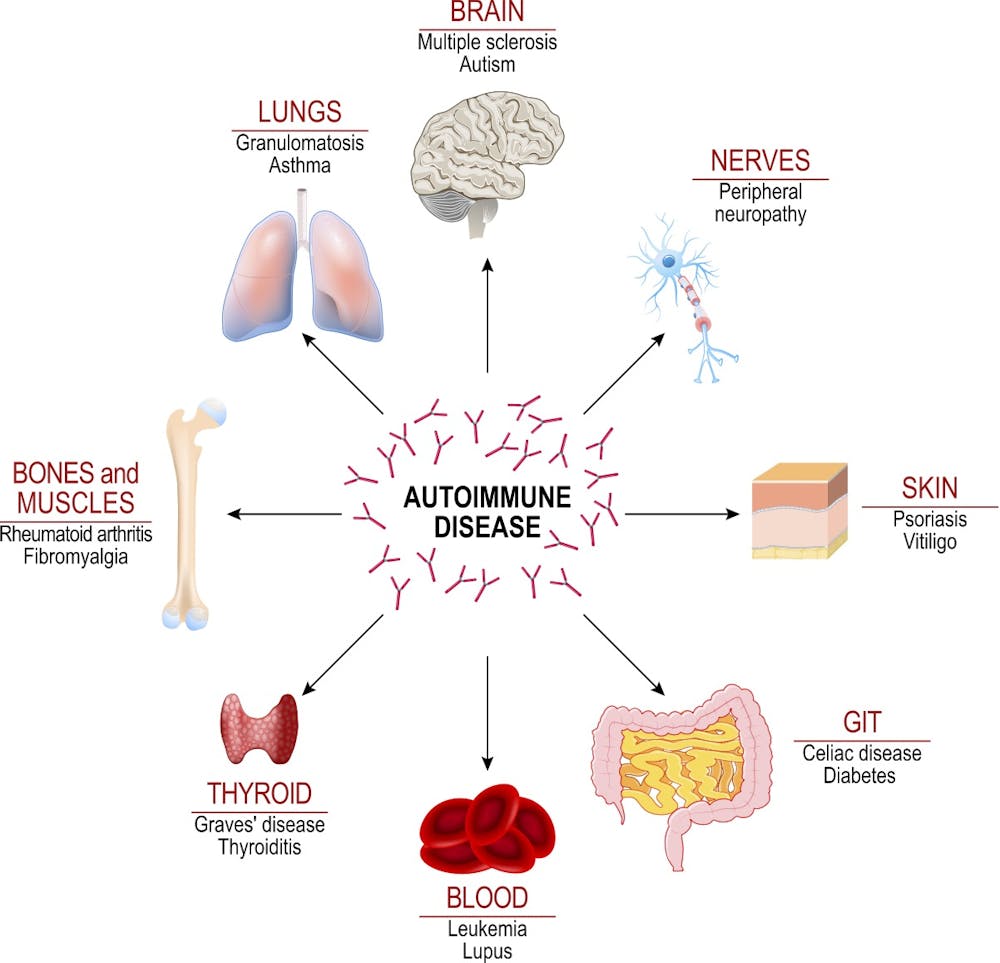

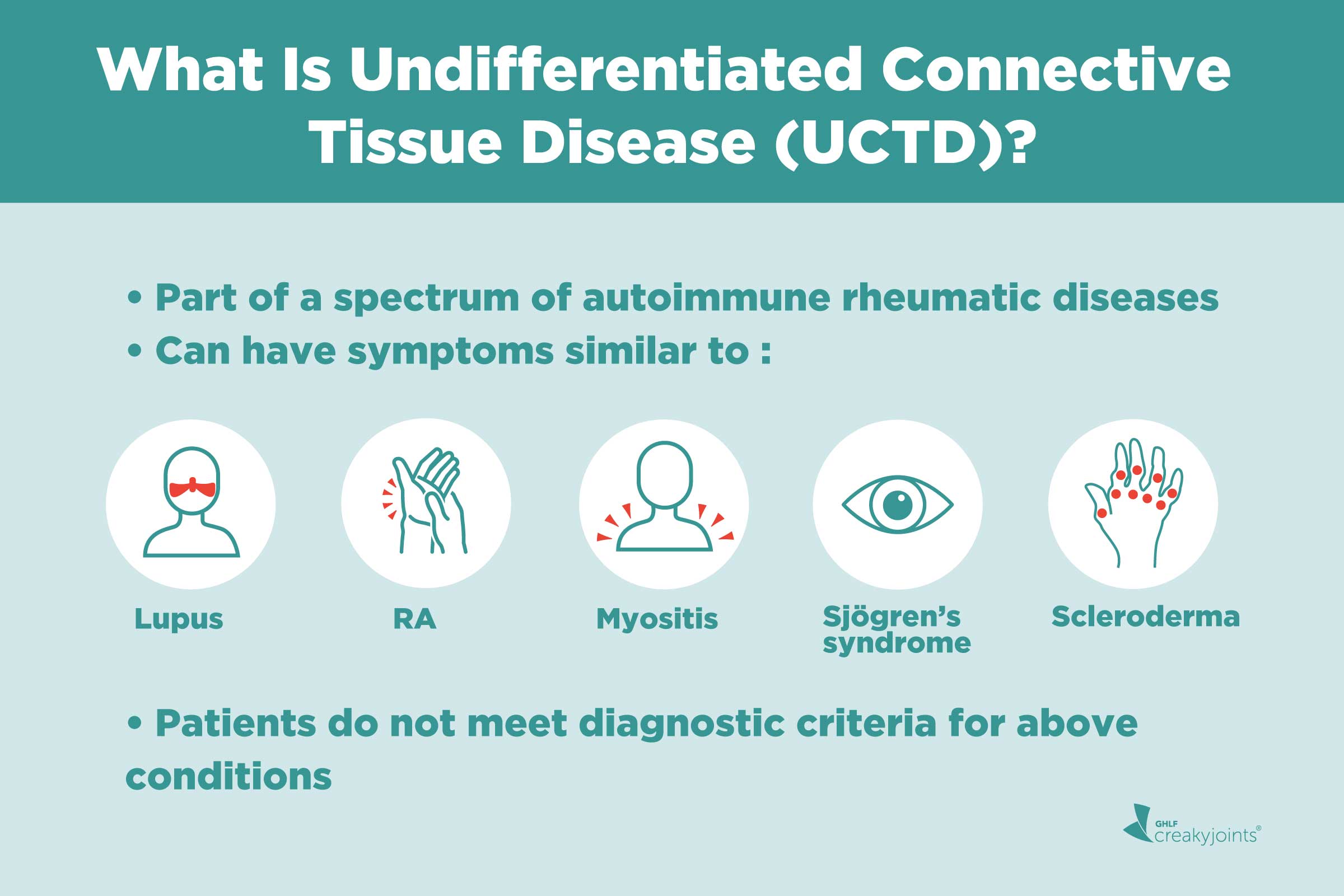


Post a Comment for "Can You Donate Blood With An Autoimmune Disease"